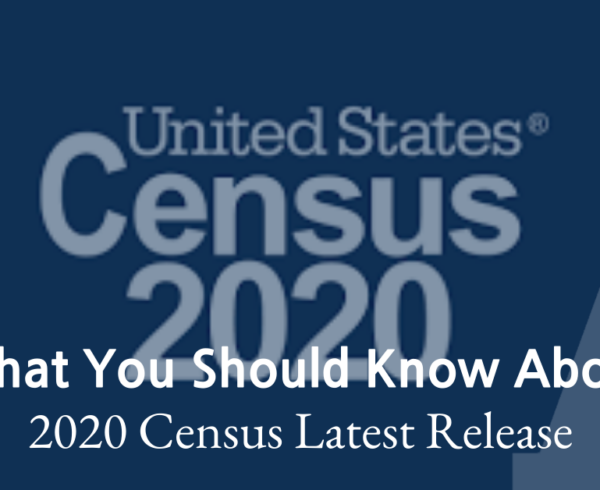The current economic recovery places a premium on knowledge and skills required by industries and occupations that have reaped increasing demand for their products and services. As a result, state policymakers are appropriately prioritizing high-quality, demand-driven career pathways that culminate in postsecondary credentials that lead to in-demand, high-wage jobs.
To do that well, states need to understand which pathways and programs help learners build the skills demanded by our recovering markets and earn the associated credentials that lead to a job that pays a family-sustaining wage. And they need systems that reliably identify those programs.
As the number of credentials offered nationwide nears 1 million, our education and training systems must act to make sense of this increasingly complex marketplace.
This policy brief offers state leaders a set of actions to make information about the equality of credentials more accessible, valuable, and useful.
A Pressing Need
With close to $2 trillion spent annually on an increasingly diverse education and training marketplace, this is a moment of exciting innovation and opportunity. The pandemic accelerated structural changes in both the demand and supply side of the labor market, including the increased use of robots, automation, and AI in low skill jobs, a growing need for specialized skills, and the emergence of new training providers of skills and competencies. Many of the millions unemployed over the past year lacked the knowledge, skills, and credentials required for high-value employment and found themselves searching for upskilling and reskilling opportunities through a complex web of online and short-term training programs.
In the face of so many different learning options-in person, online, short-term, for-credit, non-credit, two-year and four-year degrees, certificates, licenses-learners need comprehensive, comparable data on quality across all credentials to understand which lead to in-demand, family-sustaining wage employment, and which do not. Learners have long struggled to find comprehensive and reliable information from the traditional postsecondary education system about credentials themselves, their value in the marketplace, and their impact on individual learner’s lives and economic mobility. This lack of information makes it difficult for learners to navigate the many education and training options.
The time is right to expand our perspectives on quality assurance in higher education beyond standard accreditation practices, especially for non-degree programs. The need for learners to have information about the quality of credentials is particularly timely given the exponential growth of short-term credentials and workforce training programs, many of which are ineligible for federal financial aid, and therefore do typically participate in the accreditation process. The work toward an outcomes-based paradigm for quality is evolving, and learners are asking less about inputs and more about value.
Americans need clear and reliable information about their educational options and how to navigate them in order to select a path that leads to economic and career success. Everyone benefits from quality information because:
- Learners and opportunity-seekers can better understand the skills and competencies required for good jobs in their region. When there is a single framework describing quality options, it is easier for them to identify the programs with proven outcomes that provide quality credentials to prepare them for those jobs and continued long term career growth.
- Employers can describe the competencies, skills, and knowledge they are seeking in job applicants more efficiently, which reduces the risks of hiring unqualified candidates.
- Education and training providers can meet the changing needs of the workplace using data that helps them align their programs to local labor markets.
- Policymakers can ensure that public dollars are being spent on programs and credentials that lead to good jobs and continued education and training; meet the changing and increasing needs of the workplace; and serve the population equitably.
Given the growing demand for higher-level skills and competencies and the increasingly diverse and numerous education and training options, it is critical for states to have clear processes to determine which credentials provide value to workers, businesses, and other stakeholders. State policymakers can play an essential role to clearly define the quality and value of credentials, determine and communicate which credentials meet those indicators, and report information about credentials and the providers who offer them.
This blog series will outline key components to make sense of the credential marketplace, including the need for:
- Common definitions of educational outcomes and ways to measure them.
- Consistent language describing the outcomes data that learners, employers and policymakers use to judge the quality of programs.
- Frameworks that provide the tools, resources, and measures to gauge quality.
- Platforms and policies that can incentivize programs that provide quality credentials.
- State leaders to align the pieces of this work to serve learners and employers.
The information presented in this blog series was gathered and distributed by Credential Engine. Check back to see the next post in the series!













